Services to Professionals
Supervision
Along with clinical services, I am a Washington State Approved Supervisor,
as per WAC 246-809-234.
Teaching, Training, and Workshops
I have many years experience delivering training and lectures at conferences, educational institutions, mental health agencies and hospitals on a wide range of topics. I have also served as adjunct faculty at several colleges and universities in the Puget Sound Area.
Presentations provided to or in conjunction with:
American Association of Marriage and Family Therapy
National Association of Alcoholism and Drug Abuse Counselors
NW Indian Certification Board
Adjunct Faculty at Antioch University
Topics covered include:
Talking Back to Addiction
Real Relapse Prevention
Personal Firewall for Recovery
Substance Abuse and Family Dynamics
Co-Occurring Disorders
Marriage and Couple Counseling
Rejuvenation and Self-Care
Trauma-Informed Care
Complex-PTSD
Grief and Loss
Case Consultation
My workshops and classes are built on a solid foundation of educational and clinical experience, and are always well seasoned with humor, metaphor, case examples and a dash of the unexpected.
For information on booking me for lectures or workshops, please inquire via email.
Testimonials
““As a colleague of Michael Galloway’s for many years, I have admired his scholarship, his currency with the literature on early life attachment and its psycho-therapeutic implications, and his passion for his work with clients. He is a marvelous role model for up and coming younger therapists.””
““I found that although I had 30 plus years of experience at the time, Michael provided a rich educational and supportive experience as my supervisor. Michael offered experience, wisdom, insight, encouragement, along with holistic perspective encompassing mental health, substance abuse and family system perspectives.””
““Michael is a valued instructor in our CD Counselor Certification courses. Since joining us in 1999 he has distinguished himself with his respectful teaching style and ability to present clinical knowledge and practical skills.””
““I have used Michael for numerous trainings and seminars. He is a talented and warm presenter with a real gift for connecting with his materials and his audience.””
“I am a nationally certified Substance Abuse Counselor with a Bachelor of Arts in Psychology degree from the University of Washington. I am also in recovery from Substance Abuse with over 22 years of abstinence from all mind-altering chemicals. In my personal recovery, I have extensive experience in several twelve step programs including Alcoholics Anonymous, Narcotics Anonymous, Marijuana Anonymous, Overeaters Anonymous, and Alanon. But after years of involvement in the twelve step programs, as well as my extensive years of employment in the substance abuse field, it became obvious that in most cases, the substance abuse or negative activity was merely the symptom of, or the result of a more intense problem that many individuals must deal with. Substances- whether it is alcohol, drugs, marijuana, or food – are just the vehicle that many people use to cope with their issues.
Our attempt to deal with the more personal and emotional issues is what makes our group unique. In our group sessions, we attempt to look at why we react to life in the ways that we do. We talk about our feelings and encourage feedback from other members. By shedding light on some of our experiences that we may not be so proud of, in many instances we lose some of the shame and fear associated with our past. In this unique group, we come to realize that even though we come from many different backgrounds, we are not so unique ourselves. It appears that in this setting we have created a situation where we have learned, through sharing, how to help ourselves as well as help and support each group member.
”

